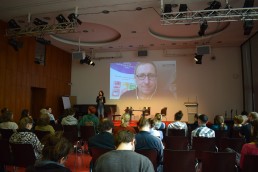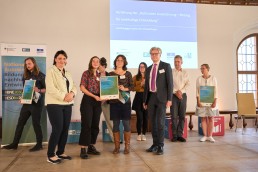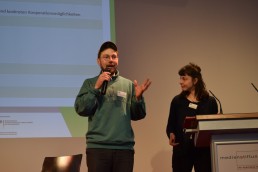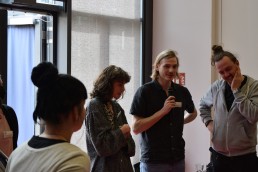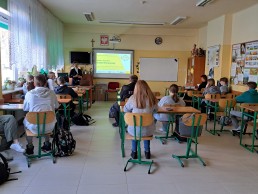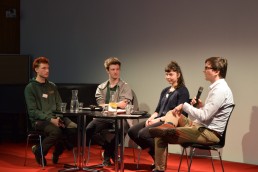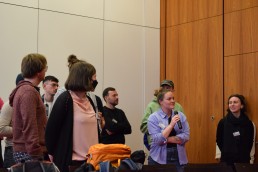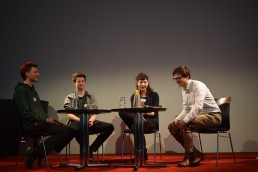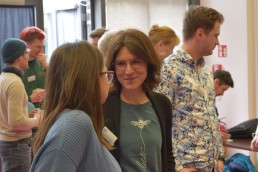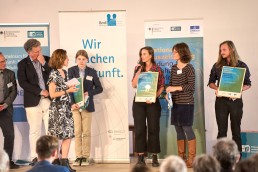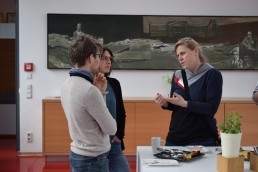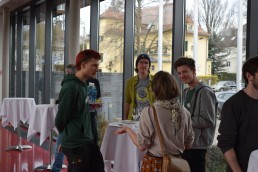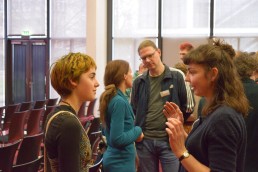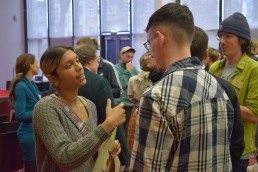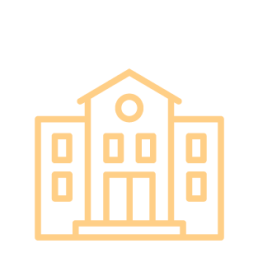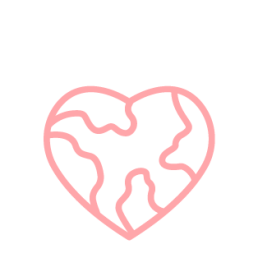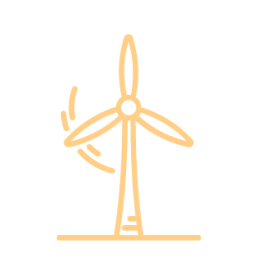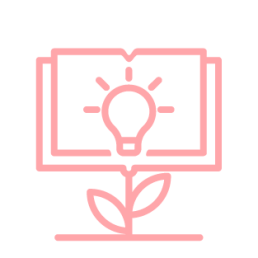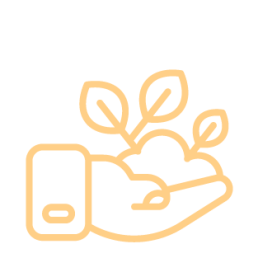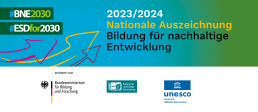
Helping to shape change
How can educational programs initiate participatory, transformative learning processes that empower people to help shape a sustainable future? This is where the concept of transformative education comes in at the interface with education for sustainable development (ESD). Transformative education promotes individual skills that enable learners to recognize the complex relationships between the ecological, economic, social and cultural dimensions of (non-)sustainable development in the One World and to work on holistic solutions for current and future problems in the sense of a good life for all. Our educational programs are not just about imparting knowledge. After all, it has been proven that knowledge alone does not automatically lead to sustainable action. We want to empower and motivate people to understand connections and power structures, to critically question previous assumptions, their own privileges, positioning and views of the world, to get to know opportunities for participation and influence ‘with hand and heart’ in the context of a socio-ecological transformation and to feel: “I can make a difference!”
However, individuals often come up against structures that can ultimately only be effectively changed politically, especially when campaigning for more environmental and climate protection. Here, transformative education can also become political education, for example by demonstrating opportunities for participation.
The United Nations’ 17 Sustainable Development Goals (SDGs) provide an important thematic framework. The decisive factor here is that the topics covered are linked to the needs and lifeworlds of the learners and are largely determined by them. The everyday relevance of topics such as energy use, nutrition, mobility or living can link existing knowledge with new skills, which in turn increases motivation and learning success.
But what does that mean in concrete terms?
UfU’s educational programs are always designed in such a way that difficult and complex topics are illustrated using clear examples. Contexts are made comprehensible and one’s own role in these contexts is addressed.
For example, in the FABIKLI project (façade greening and biomass utilization for climate protection in schools): When the plants grow up your own school façade and you plant or harvest them yourself, it is easier to talk about the hot summer in Berlin and learn about the urban climate and climate change. How can the plants be watered without tap water? What does drought stress mean for the façade plants at our school and what are the effects of the climate crisis in countries that are already much more affected by drought than Germany? Is there anything I can do myself to contribute to a fairer world?
The hands-on exhibition allows 5th and 6th graders to experiment with various learning stations on the topic of the energy transition, while the online simulation game ‘Wind over Wintow’ makes students from year 7 onwards more aware of the fact that political decisions (in this case the construction of a wind farm) must always take into account and reconcile several interests in order to be effective.
In the RevierUPGRADE project, we at UfU are working with BUNDjugend to create a range of educational and participatory offerings on the topic of structural change – from outreach activities involving cargo bikes, workshops and excursions to places of sustainable change to a coaching program to train people who are already active. Active experiences of alternatives beyond the status quo and the reinforcement that each person has skills that can be used to bring about sustainable structural change – and at the same time to improve their own immediate living environment – are key.
Further links:
→ The Global Goals for Sustainable Development
→ The ESD portal of the BMBF
→ Networking for environmental education & ESD
Contact person
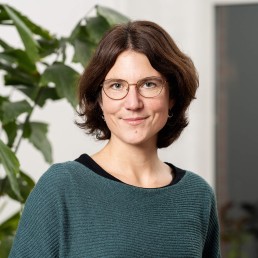
Larissa Donges
Climate protection & transformative education
Dipl. Geoecologist
Head of department
Telefon: +4930 4284 993 39
Email: larissa.donges@ufu.de
Publications
Nothing found.
… all publications in this subject area
Current UfU projects in this field:
Digital Education for Sustainable Development across Europe This project strengthens awareness for a more sustainable and fairer world: We are…
Strengthening youth engagement for sustainability through dialogue and transformative learning New study for the Federal Environment Agency…
ClimateFaces II climateXchange | Intercultural Exchange Climate change has many faces The aim of the project is to qualify people from refugee and…
RevierUPGRADE. We. Now. Sustainable With the decision to phase out coal in 2020, it is clear that the Lusatian and Central German lignite mining…
Innovative climate education programs for people in northwestern Russia The Independent Institute for Environmental Issues is working on the ACCT…
Every year, GASAG and the state of Berlin organize the “Berlin Climate Schools” competition. It promotes projects and activities with…
A hands-on exhibition on the subject of marine research.
News from this subject area:
Nothing found.



